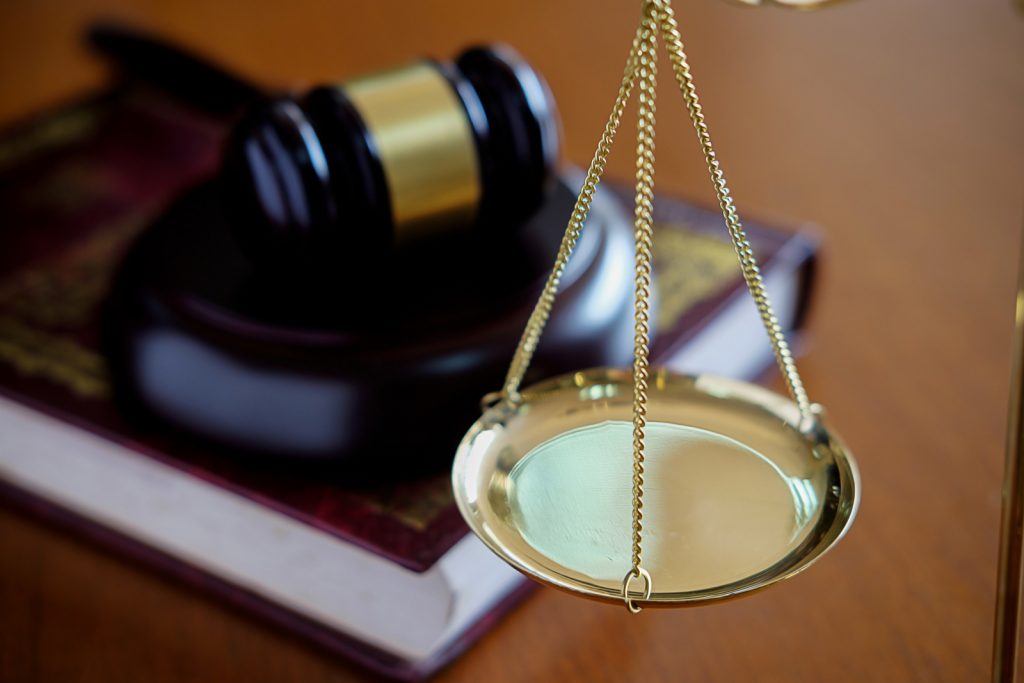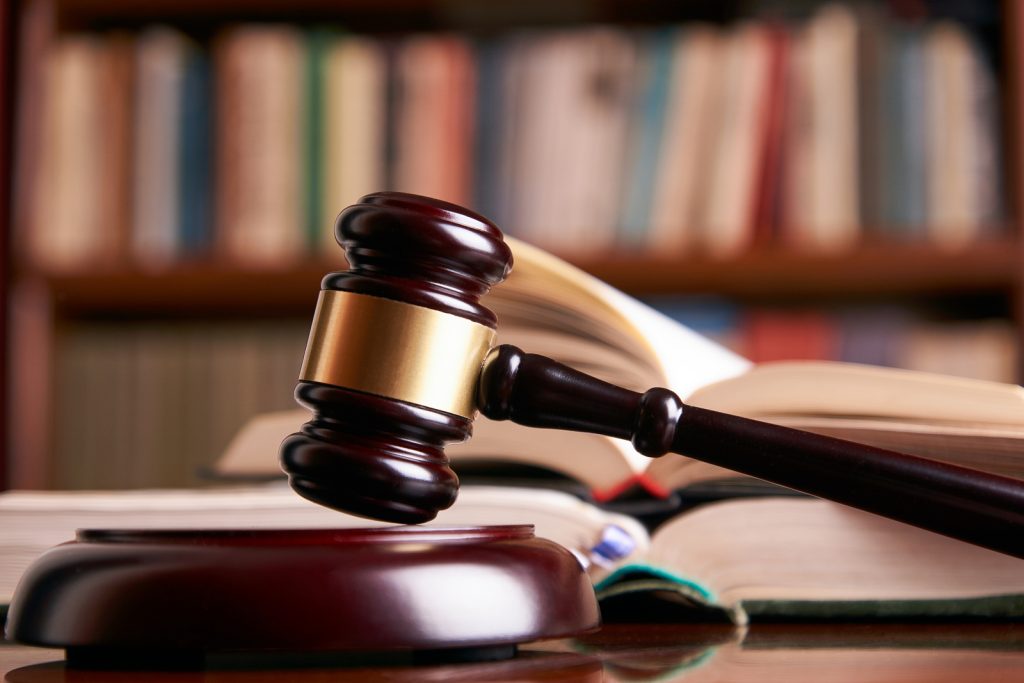A victim of sexual assault who wants to pursue the matter through the justice system has two options: the criminal justice system and the civil justice.
Criminal Charges – Sexual Abuse:
Criminal proceedings are intended to punish an accused that is found guilty of criminal misconduct.
If you have been sexually assaulted and you want to pursue criminal charges, the first thing you will have to do is to swear out a criminal complaint. In other words, give a statement to the police about what happened to you.
The police will investigate to see if there is evidence that a criminal offence has occurred.
If the police determine that there is evidence that a crime has occurred, they pass on the evidence to the crown prosecutor’s office.
Crown prosecutors are lawyer that represent the public interest. The crown prosecutor will determine if criminal charges should be laid and what the proper charges are.
The accused is then charged, and enters a plea of “guilty” or “not guilty”. If the accused pleads “not guilty” he or she is entitled to a trial where a judge, or a judge and jury, will determine of the accused is guilty of the criminal offence.
If the accused is found guilty, the court then imposes whatever punishment the court deems to be appropriate.
There are certain procedural rules in criminal trials that can be frustrating to victims who have been sexually abused.
Most people have heard the expression: “you have the right to remain silent”. What that means is that criminal courts cannot force an accused to testify at trial. There is also a limited amount of information to which the victims have access. The victim has little or no input into the criminal process and no control over whether charges proceed or how the prosecution is handled.
In a criminal proceeding all costs are paid by the government (the crown prosecutor’s office). In other words, you do not have to hire the crown prosecutor.
Therefore, if your primary goal is to punish the person who sexually abused you, then the criminal justice system may be the avenue that you want to pursue.
Civil Claims for Compensation – Sexual Abuse:
On the other hand, civil claims for compensation are designed to address the needs of the victim. The court attempts to compensate the victim for the harm caused by the intentional, abusive or negligent acts of the defendant. The plaintiff in a civil claim has control over the claim and can determine whether they wish to proceed or discontinue the action.
Furthermore, the amount of information that the defendant is required to disclose in a civil proceeding is extremely broad and includes information that would never come to light in a criminal proceeding.
Finally, a defendant in a civil lawsuit can be forced to testify during discovery or trial.
Another advantage of a civil claim is that you are able to control the process and move the matter forward as quickly or slowly as our rules of court allow.
On the other hand, you are responsible for hiring your own lawyer and paying that lawyer to proceed with your claim. This doesn’t mean that you have to pay a legal bill each month. Most sexual abuse claims are done on what is called “contingency”. What that means is that the lawyer is not paid unless you receive compensation.
A large part of my practice involves representing people who were victims of childhood sexual abuse. These types of claims are difficult to pursue because the allegations are decades old and evidence that may have existed has often been destroyed or witnesses have passed away. Often these type of claims boil down to “he said, she said”.
“Do I Have to Choose Between Criminal Charges or a Civil Claim for Compensation?
Victims of sexual assault can pursue criminal charges, file a civil claim, or do both. There are certain advantages and disadvantages depending on which order you chose to proceed.
If you proceed with criminal charges first and the person that sexually assaulted you is convicted, then he (or his employer) cannot defend a civil claim on the basis that the abuse did not happen (because the court has already dealt with the issue of guilt).
On the other hand, if you sue the person that abused you first, you can expect him to deny that the abuse happened.
You can pursue both criminal charges and a civil claim at the same time. However, if you do that you can expect the defence lawyer in the criminal proceedings to suggest to the court that your credibility is suspect because you have a financial motive for pursing the criminal charges. In other words, the lawyer will argue that you are making up the criminal allegations in order to support your civil claim for compensation.
What’s the Bottom Line?
We have found that whenever a criminal investigation into these types of allegations starts the police generally find more victims. Overall, that tends to strengthen the criminal proceedings. It also strengthens the civil proceedings should they be filed at a later date.
We think it is important that sexual abusers be held accountable and punished for their actions. Therefore, we always recommend that my clients give serious consideration to filing criminal charges against the person that abused them.











